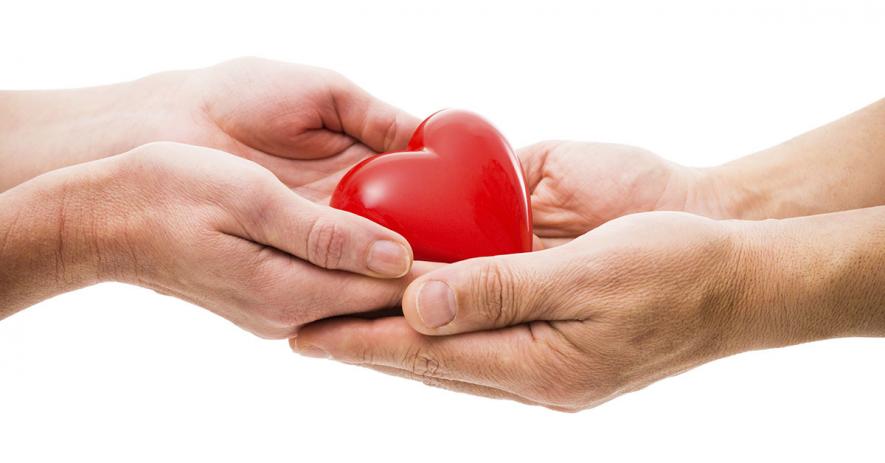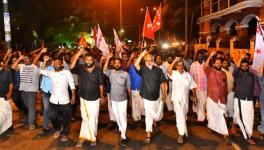Kerala Govt to Ease Organ Transplantation Through Mrithasanjeevani Scheme

While the organ transplantation and treatments are becoming a costly affair in the current era, the new initiatives under Mrithasanjeevani, Kerala network for organ sharing, have lit the hopes of affected people and their kin.
At times, affluent people lure people with huge compensation for donating their organs. Considering this fact, Kerala High Court has recently refused to permit the ads seeking kidney donors. If the ads are being allowed in the newspapers, it would lead to the chances of trade, the court observed while considering the petition. The court also directed the petitioner to register under Mrithasanjeevani for organ transplantation.
Kerala health ministry has initiated the project Mrithasanjeevani for brain-dead organ transplantation in 2012 coordinating the government and private hospitals in the state. During the 2011-17 period, 602 kidney patients, who were waiting for organ donors, had died due to the delay in transplantation.
The scheme which was in a dying state took new turns with the recent interventions of the Left Democratic Front government.
On November 27 at Thiruvananthapuram, in a programme to remember the cadaveric donors, chief minister Pinarayi Vijayan said that the government is in the process of introducing more welfare schemes for organ donors and recipients.
The welfare scheme would be formulated to assist the family members of the cadaveric donors under the joint auspices of the Health Department, Social Security Mission and Mrithasanjeevani project, Vijayan added.
Many of the families of organ donors and recipients are struggling to meet the expenses of the transplantation and aftercare expenses. The medicines alone would cost Rs`10,000 to Rs `20,000 for a month. Moreover, they require rest for several months.
Considering the plight of the families, the government is considering to unify the treatment expenses and provide generic medicines at a lesser price under Karunya scheme, the chief minister said.
He also noted that there were thousands of patients whose lives could have been saved if organ transplant was done in time. “But, the reduction in the number of brain death cases and the shortage of organ donors were hampering organ transplants.”
But the patients most often do not understand that they would have to spend more than what they receive from the government for the medication and aftercare. In view of this, the government has taken the stand that the organ donations should be encouraged either between blood relatives or else the donation of organ should be received from brain dead persons, said the chief minister.
So far, 736 people received new organs under the Mrithasanjeevani project. According to the latest figures under Mrithasanjeevani project, 49 people have undergone the heart transplant, three people received lungs, liver transplantation was conducted in 210 people, 456 received kidneys, 7 received pancreas and intestine and hand transplantation was conducted in 3 and 8 people respectively.
Get the latest reports & analysis with people's perspective on Protests, movements & deep analytical videos, discussions of the current affairs in your Telegram app. Subscribe to NewsClick's Telegram channel & get Real-Time updates on stories, as they get published on our website.
























